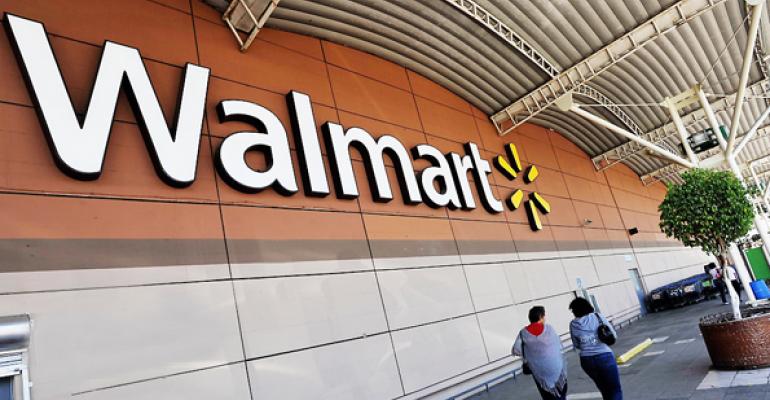When Wal-Mart first rolled out its small-format store program under the brand Walmart Express in 2011, industry experts kept watchful eyes on the effect that the rollout would have on landlords and the chain’s competitors in that space.
Typical questions arose, such as: Will Walmart’s new brand pose a serious competitive threat to incumbents like Family Dollar and Albee Food, which already had been serving urban consumers successfully, not to mention the independent operators that might get put out of business altogether?
Apprehensions surrounding Walmart’s potential impact on the segment were unfounded, it turns out. The company announced last month that it plans to close all 102 Walmart Express locations, ending the program. The closures were part of a larger plan to shutter 269 stores globally, amid reviews of the retailer’s financial performance and as part of a larger portfolio management strategy, according to a statement from the company.
“Closing stores is never an easy decision, but it is necessary to keep the company strong and positioned for the future,” Doug McMillon, president and CEO of Wal-Mart Stores Inc., said in a statement. “We’ll open well more than 300 stores around the world next year. So we are committed to growing, but we are being disciplined about it.”
For Inland Institutional Capital Partners Corp., which has facilitated necessity retail-focused property funds, the Walmart Express rollout was largely about experimentation, particularly as the retailing sector is undergoing sea changes to its business model.
“Large retailers, like Wal-Mart, are always trying new concepts,” says George Pandaleon, president of Inland Institutional Capital Partners. “Wal-Mart is clearly committed to getting into locations that are closer to their everyday consumers. I think you can expect to see continued experimentation on their part.”
Still, the thought of store closures leaving pockmarks around the urban retail landscape—however “small” they are in comparison to supercenters—continues to raise questions about what the retreat means for the retail industry overall, and what miscalculations Wal-Mart might have committed in its push to launch the smaller stores.
“Walmart Express appeared to be a misfit for the company, given its strategy be a price leader, which is largely dependent on scale and not suitable for smaller formats,” according to a research note from Trefis, an online equity research service. “Wal-Mart’s focus on other alternatives will benefit the company in the long term.”
Other industry observers feel Wal-Mart mishandled its chance to expand the business and profits, particularly when one considers that almost every other operator employing the small-format concept is still doing good business.
“I view that as management incompetence,” says Howard Davidowitz, chairman of Davidowitz & Associates Inc., a national retail consulting and investment-banking firm based in New York City. Davidowitz adds that Wal-Mart apparently did not assemble an adequate fulfillment infrastructure, or any other customized distribution and merchandizing mechanism, to support the new venture. “They got into the game late, and when they did, they were too incompetent to execute a successful strategy.”
After a ‘holiday hangover,’ companies find that retailing has changed forever
Perhaps it is no coincidence that Wal-Mart Stores announced the closures in January, much like other retailers. Some point to the ‘holiday hangover’ dynamic, in which the excitement of seasonal purchases dies down and retailers get a reality check on what concepts and locations are sustainable in the long-term.
The first quarter can be a season with its own potential retail sales bumps, tied to the Super Bowl and Valentine’s Day. The larger concern is that middle class households simply cannot afford to splurge and indulge like they used to, even in the face of seemingly encouraging economic indicators.
The unemployment rate is at a mere 4.9 percent, and gas prices have slid from $2.79 per gallon in July 2015 to $1.95 in January, according to data from the Department of Labor and the U.S. Energy Information Administration. Retail sales, however, have not increased accordingly. Also, middle class shoppers are moving their purchases online incrementally and the changes have already transformed the retail sector into an omni-channel business.
Yet retailers, even large ones like Wal-Mart, must adapt to the challenges. If there is one positive from the recent news, it is that Wal-Mart could offset the loss with its plan to open 300 stores globally next year.

